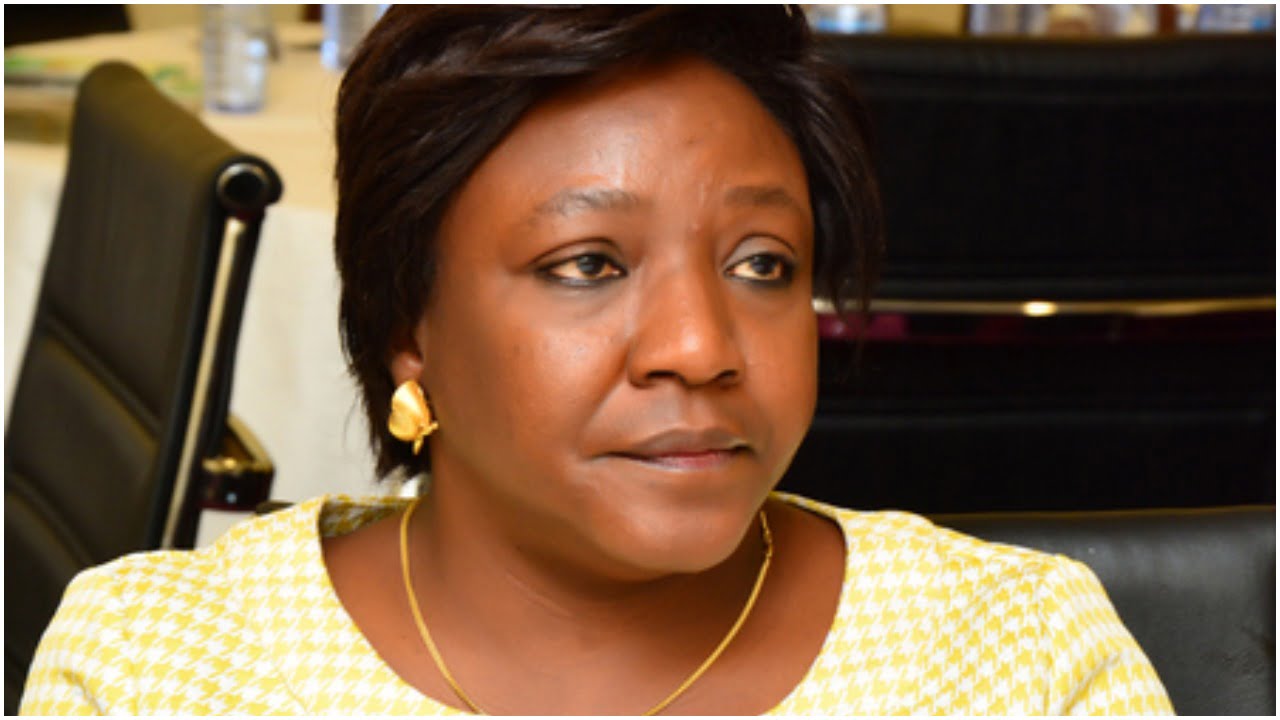
A group of researchers, yesterday, said that to effectively curb corruption in Nigeria, a holistic approach that goes beyond laws and regulations must be deployed.
Stating that the drive against corruption requires an adaptive understanding of underlying psychosocial constructs, they also said corruption control strategies should be significant and holistic, rather than a single control mechanism.
Speaking during the ABC Nigerian Institute of Social and Economic Research (NISER) series titled: ‘Corruption behaviour in Nigeria’s public sector: Simplifying a Complex phenomenon’ funded by the MacArthur Foundation, in Ibadan Oyo State, the participants, which include representatives of Economic and Financial Crimes Commission (EFCC), Independent Corrupt Practices and Other Related Offences Commission (ICPC), MacArthur Foundation among others maintained that fighting corruption in Nigeria goes beyond making laws, regulations, and setting up agencies to include government providing levers that engender significant positive behavioural changes across undesirable attributes.
The two lead presenters, Dr. Iyabo Olanrele, a research fellow, Economic and Business Policy Department (EBPD), NISER and Dr. Sebil Oshota, research fellow EBPD, said efforts geared towards corruption control has to be intense, and enforcement has to be strong and vigorous.
The duo agreed in their separate presentations that corruption could be controlled through interventions that strengthen desirable attributes.
Olanrele noted that research revealed that despite previous efforts towards combating the menace of corruption in Nigeria, primarily through legal means, corruption remains prevalent, endemic and deeply ingrained, affecting governance and businesses.
She said: “It was, therefore, submitted that controlling corruption requires a systemic approach based on both rules and values with a comprehensive strategy and messaging that addresses the public sector at all levels, as well as the private sector and citizens.
Oshota, in his presentation, argued that the government must build a viable and strong institution to fight corruption and that the country must make it possible for people to understand the risk factors and serious consequences of engaging in corrupt practice.
He cited an example of the Joint Admission Matriculation Board (JAMB), which used to be very corrupt, but now every staff understand the risk factor and danger of getting involved in corrupt practice.
He added that emergent patterns of interaction provide possible pathways through which corrupt behaviour can be tracked and controlled in Nigeria.
In her opening remarks, the Director-General of NISER, Professor Antonia Simbine, represented by Professor Adesoji Adesanya, appreciated the MacArthur Foundation for its support and highlighted the achievements of the project in the last three years.
The achievements, according to the DG, include among others, provision of empirical evidence on the psychosocial drivers of public corruption in Nigeria, involving one of the largest sample sizes (3,174 respondents) ever included in a study on public corruption in the country, and collaboration with key public agencies to undertake process mapping and anti-corruption intervention designs.
Spokesperson of ICPC, Mrs. Azusa Ogugua, said anti-corruption agencies are trying but she implored Nigerians to give the agencies more support by providing it with necessary information if and as at when necessary and needed.
Experts say anti-corruption crusade requires holistic approach for impact

Director-General, NISER, Prof. Antonia Simbine
Director-General, NISER, Prof. Antonia Simbine





